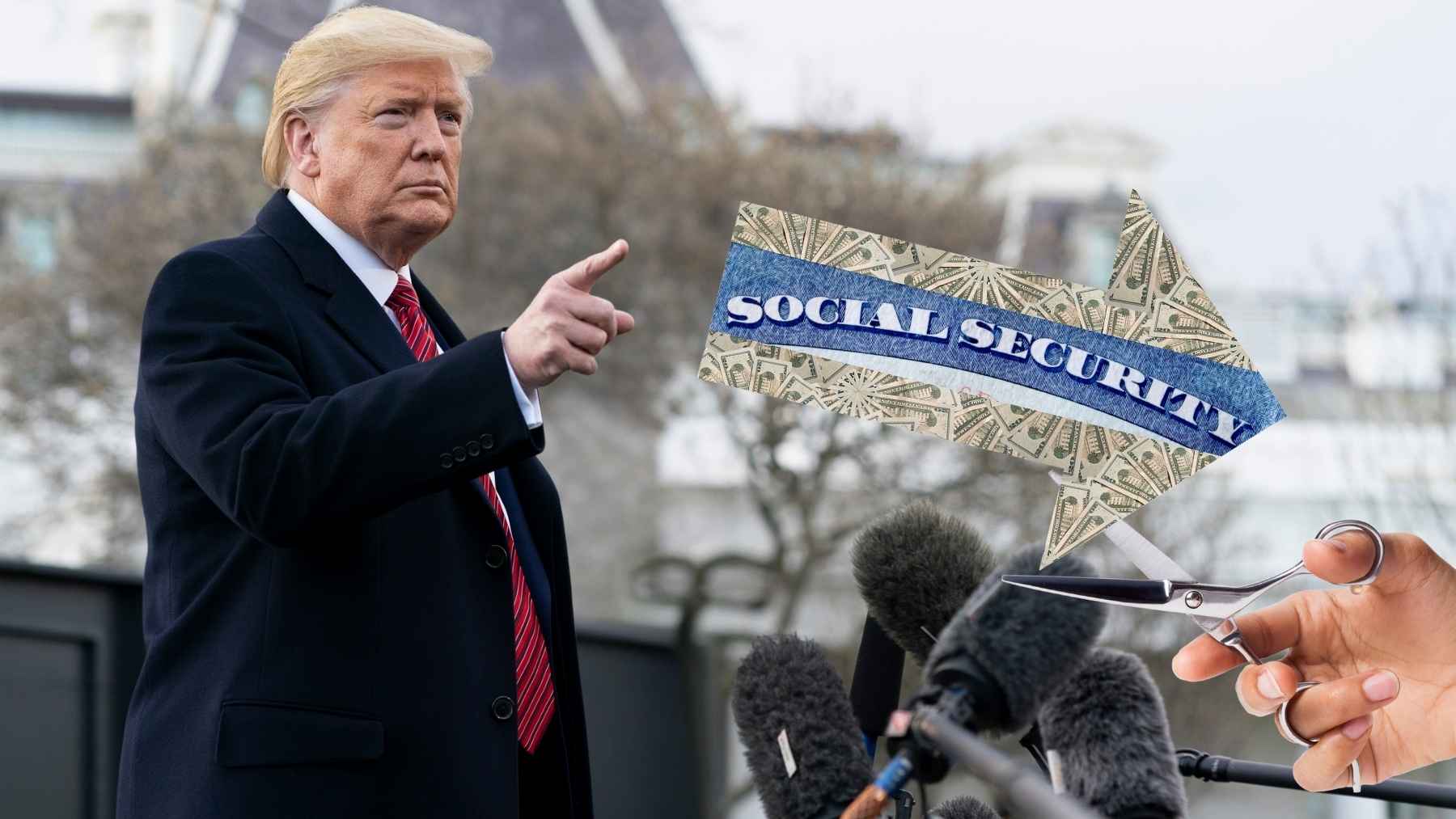A March 25th executive order from the office of the president titled “Modernizing Payments To and From America’s Bank Account” has stipulated that all payments made to and from the federal government are to be made electronically as of September 30th. Following this, a July 14th blog post from the Social Security Administration (SSA) confirmed that the agency would no longer be issuing its benefits by means of paper checks as of September 30th, 2025.
As things stand, the vast majority of over 99% of Social Security beneficiaries already receive their monthly benefits by means of direct deposit or other electronic payment form. For the remaining half a million of so beneficiaries who currently receive their benefits in the form of a paper check, this change could prove to be somewhat difficult due to various factors such as access to electronic banking services, for instance.
The SSA blog post states that notices explaining this change are being sent to beneficiaries who receive paper checks, and whilst the implication is that this cohort will need to update their payment methods soon, SSA Commissioner Frank Bisignano has recently confirmed that the agency will continue to disburse payments via paper check for those who require it amidst this shift towards digitization — as per recent media reports, as well as a press release from Senator Elizabeth Warren. Here is all you need to know.
No more paper checks to or from the federal government
The decision to phase out the use of paper based payment methods in the federal government at large has come about in an effort to increase efficiency whilst also decreasing costs and theft risks. “Historically, Department of the Treasury checks are 16 times more likely to be reported lost or stolen, returned undeliverable, or altered than an electronic funds transfer (EFT). Maintaining the physical infrastructure and specialized technology for digitizing paper records cost the American taxpayer over $657 million in Fiscal Year 2024 alone,” according to the order.
Furthermore, “issuing a paper check costs about 50 cents, whereas an EFT costs less than 15 cents. This shift could save the federal government millions of dollars annually,” as per the U.S. Department of the Treasury. As such, the executive order stipulates that all transactions to and from what is considered “America’s bank account” is to be conducted electronically as of September 30th.
Social Security Commissioner confirms that paper checks will continue at agency
The executive order does also note that exceptions will be made in cases where the use of digital payment methods are not feasible and as such, in the case of the >1% of Social Security beneficiaries who still receive their benefits via mailed check, SSA Commissioner Frank Bisignano has also confirmed that paper checks will continue to be issued to those who require it.
The agency did, however, also shared that it would “emphasize the advantages of using electronic transfers and encourage recipients to switch away from paper checks.” However, according to the Federal Deposit Insurance Corporation, “about 4.2% of of U.S. households lacked a bank or credit union account in 2023,” whilst Bankrate has reported that, “one reason why some people are “underbanked” is because they believe they don’t earn enough to open an account.”
Senator Elizabeth Warren spoke with the Social Security Commissioner on Wednesday, July 24th regarding several issues related to the SSA and during this interaction, “Commissioner Bisignano committed not to entirely remove the option for beneficiaries to receive paper checks, backtracking on the agency’s own recent announcement to “stop issuing” them. SSA recently announced that it would stop issuing paper checks, which would significantly disrupt services for some of the most vulnerable Americans. In the meeting with Senator Warren, Commissioner Bisignano backtracked, confirming that paper checks will remain an option for beneficiaries who need them.”
For beneficiaries who are able to make the switch to electronic payments, they can do so through their my Social Security account. The SSA has also shared that it will have technicians available to provide them with support as they navigate this transition.

